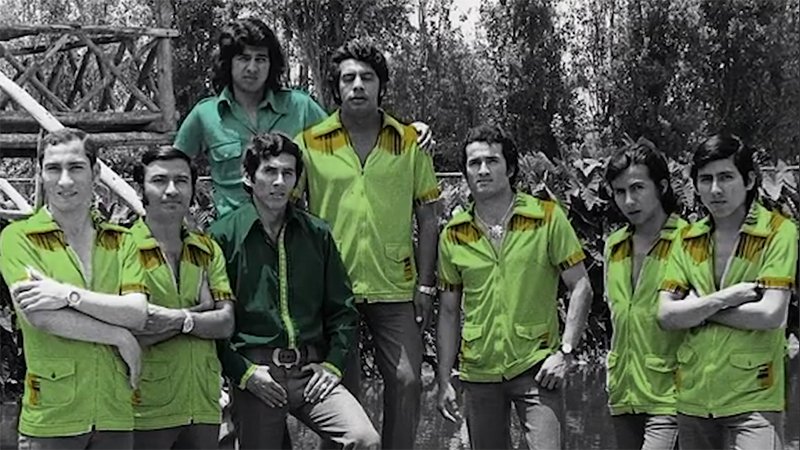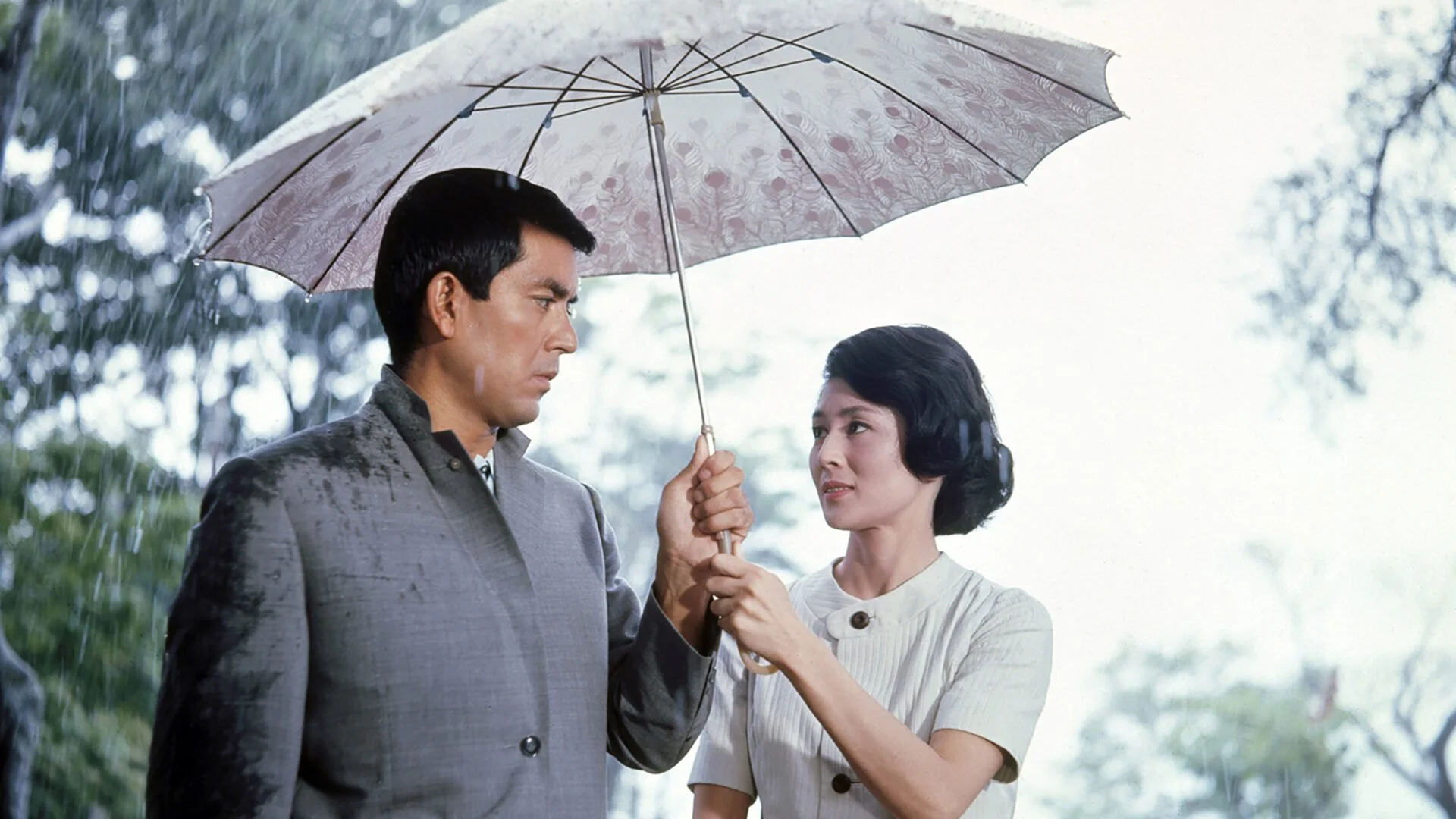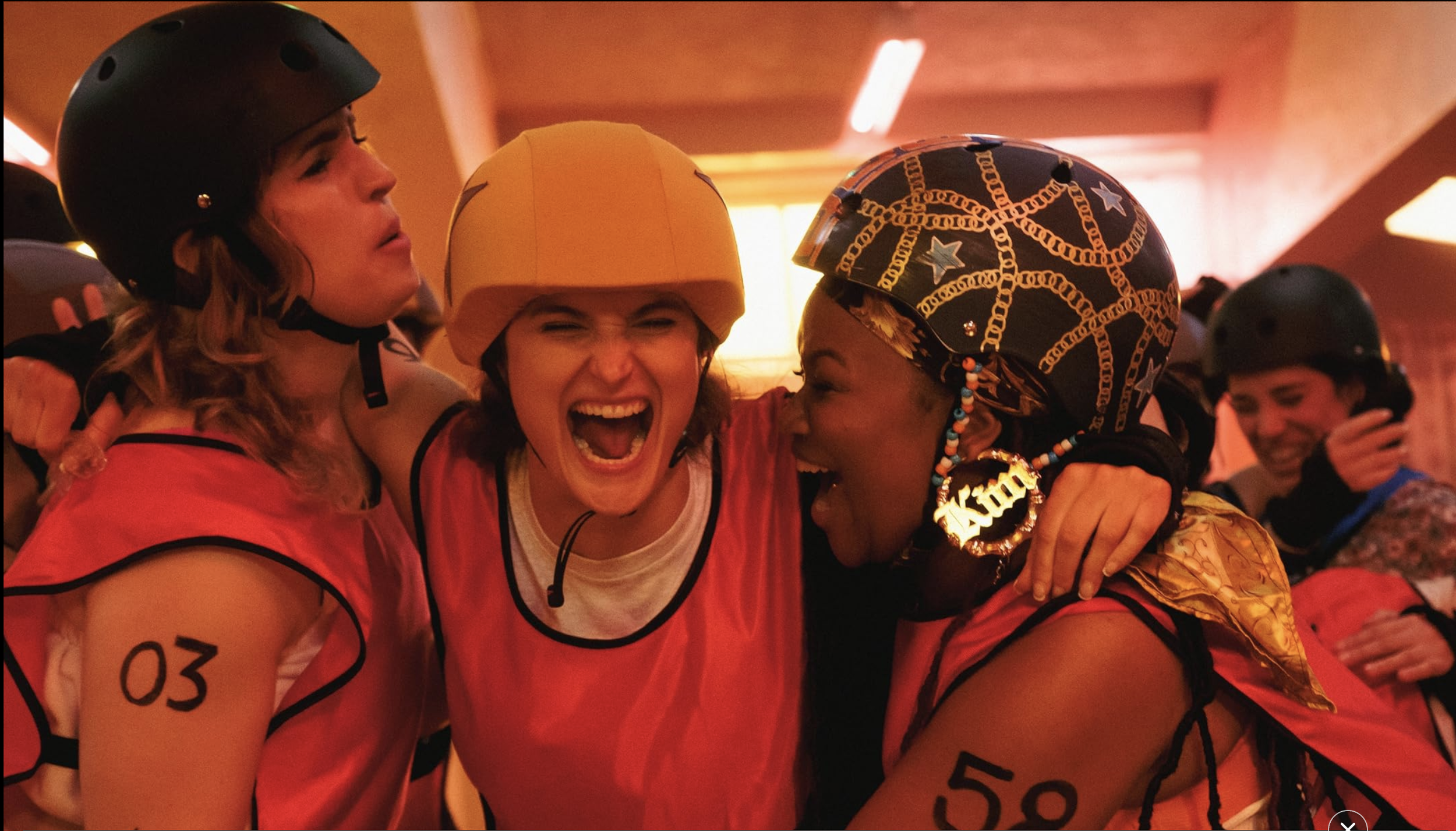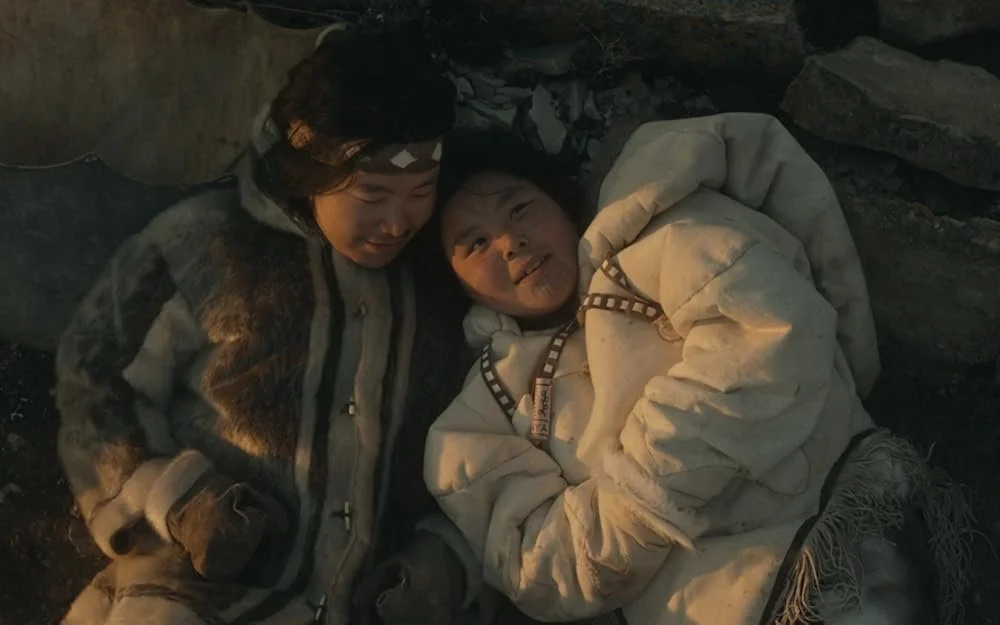Film reviews: Cumbia to camgirls, a look at 3 Vancouver Latin American Film Festival offerings
Peru’s La Danza de los Mirlos, Mexico’s Love and Mathematics, and Brazil’s Rule 34
Rule 34
La Danza de los Mirlos
Vancouver Latin American Film Festival runs September 7 to 17 at The Cinematheque, Cineworks, and SFU Woodward’s
LA DANZA DE LOS MIRLOS
September 10, 6:15 pm at The Cinematheque
Like most popular music, Cumbia was born in poverty. Los Mirlos hailed from the small Peruvian city of Moyobamba, but it was a visit to Lima in the early ‘70s that launched the group into the global market with a fusion of Latin, surf, and pop-psyche, plus a certain fragrant Amazonian vibe that distinguished the band from everyone else. The story is told in this touching doc with evocative home movie footage and the venerable presence of founding member Jorge Rodríguez Grández, a magnetic figure in his youth, and maybe even more impressive as a humble old man with a lifetime of success and sorrow behind him.
There’s plenty of excitement here for those of us who fetishize the era that produced a band like this and the worldwide cultural moment it was lucky to enjoy—all hail wide collars, matching slacks, and degraded broadcast video—but it’s the human story that stays with us, as always. The film shares its title with the band’s signature hit, otherwise know as the International Anthem of Cumbia and a perennial cover for new artists (many of them included here to pay tribute). It was written by guitarist Gilberto Reátegui, the other genius in Los Mirlos and its unchallenged hitmaker, until he defected during a residency in Argentina at the height of the band’s powers.
Los Mirlos was composed of friends and family, and as such its story could be transposed to almost any major contemporary from the northern hemisphere. (DJ Alfredo Villar describes Cumbia as “a revenge against the sounds of the first world.") The music might be exotic to some ears, but la danza is old as the hills. AM
LOVE AND MATHEMATICS
September 7, 7 pm at SFU Woodward’s; September 16, 6:30 pm at The Cinematheque
Filmmakers frequently use suburban settings to explore the traditional family unit and delve into its existential dread. Mexican director Claudia Sainte-Luce, following this tradition, places Amor y Matemáticas in Monterrey's suburbs. Her discomforting and funny portrait dives into the banal turmoil of Billy (Roberto Quijano), a former ‘90s boy-band member, now a stay-at-home dad.
Billy’s wife Lucía (Daniela Salinas) supports the family while he ventures into occasional but often failed business attempts with his brother. The marriage is stable but dull, marked by the husband’s inability to express his dissatisfaction with his current life. The couple’s routine, however, is disrupted with the arrival of a new family in their neighborhood. Mónica (Diana Bovio), the matriarch of this family, unveils herself as a devoted fan of Billy's ex-band. An uncharacteristic showcase of rage (spotlighting the film’s very dry humour) involving Lucia's little dog, becomes a shared secret between Billy and Monica, and in turn awakens dormant emotions for both characters.Quijano's deadpan and understated performance as Billy resonates and forms great chemistry with Bovio's character.
Love and Mathematics
Cinematographer Carlos Correa’s slow movements and interplay of light and shadow capture Billy’s inner unrest, especially when we see him spending his nights awake, either tending to his crying baby or numbing himself with video games. Focusing on subtle glances that range from quiet yearning to plain tedium, Correa envelops characters and steps back to reveal the environment they’re trapped in.
Unfortunately, some parts of the narrative feel underdeveloped, particularly its tender but ultimately rushed conclusion. But the film's deliberate pacing and elegant framing heighten the interplay between social commentary and biting humour. The occasional cringe-inducing moments land especially well, like Lucía's worry about new neighbours being drug dealers (though relatable to Mexican viewers) ringing outrageous as everyone turns out to be equally average and mundane, or the film’s unexpectedly dynamic and musical climax. AR
RULE 34
Saturday, Sept 16 at 6:30 PM at the Cinematheque
The Vancouver Latin American Film Festival is really coming in hot with Rule 34—not because Rule 34 is particularly good, that’s in the eye or perhaps the groin of the beholder, but nobody will leave the theatre without an opinion.
The title refers to a meme stating the Internet will cater to every pornographic desire, although it doesn’t make a whole lot of sense in the context of Julia Murat’s film. Simone is a camgirl who develops an interest in BDSM and auto-asphyxiation, but that’s still pretty vanilla by Chaturbate standards. The perverse angle is that she’s also a junior lawyer with a particular interest in domestic abuse cases, or “public defender by day, porn star by night,” as she jokes to a friend. The viewer is rewarded with a lot of spice by this setup—Simone is also involved in a threesome with a girlfriend and a cute boy with an uncircumcised dink, which I bring up because the film does, again and again—but we’re also punished with midwitted debates between student lawyers about patriarchy and sex work among other related boner-killers. Maybe it’s the film putting the pleasure/pain principle to work in some way, or maybe it’s just that Rule 34 has very confused or not very deep politics.
It’s really hard to tell, but suffice to say, in real life these sorts of conversations happen nowhere outside of campuses, which is still nowhere, while matters are further clouded by a third act that seems to approach Looking for Mr. Goodbar territory. Whatever’s going on here, you’ll get a measure of Sol Miranda’s uninhibited performance as Simone before the credits have even appeared, and the rest of the cast is no less attractive, which is what we’re all here for, admit it.
















